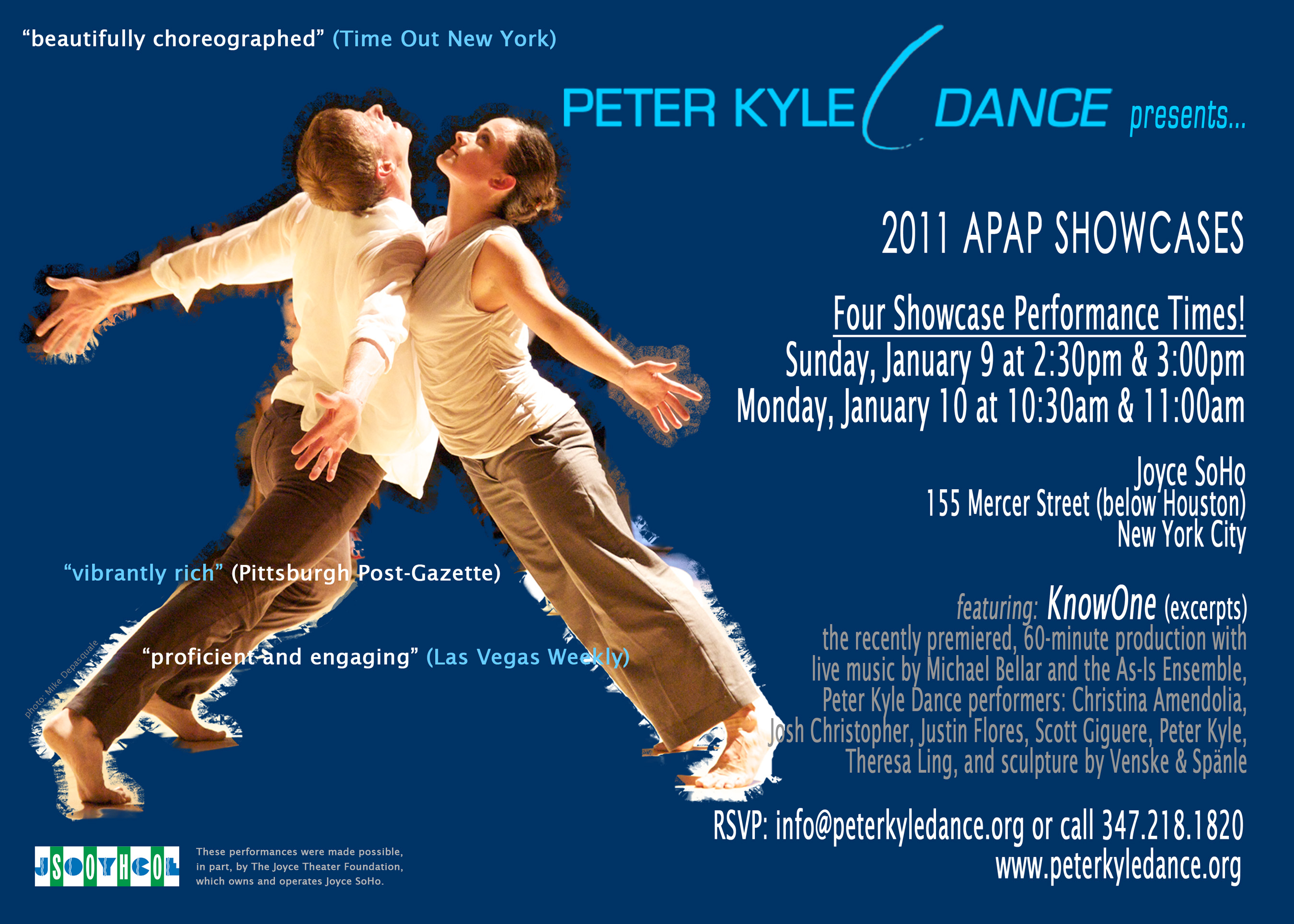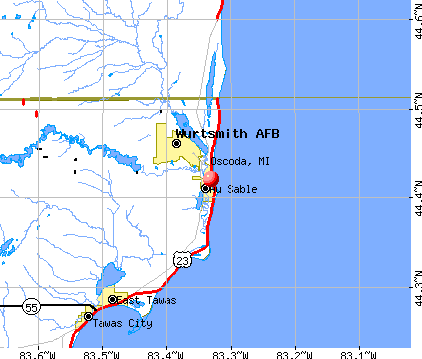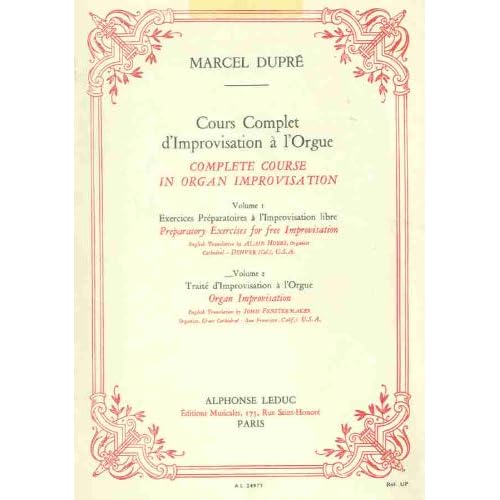Last night Eileen and I joined our friends, Rhonda and Mark Edgington, to attend a dance recital by Peter Kyle.

One of the things that struck me about it was the music that accompanied the dance “KnowOne.” There were three players: keyboard, bass and drums.
The group is named “the Michael Bellar/The AS-Is Ensemble.” You can get a sense of their sound from this promo video.
There was only one drummer last night (the guy with beard in the video).

First of all I was relieved there was actually live music for the dance. But by the end of the evening I was feeling pretty good about my own improvising.

Earlier in the day as I sat in a classroom waiting to accompany my viola player for her solo for Solo and Ensemble Festival I read an interview with Robert Nicholls, an organist who won the 2012 National Competition in Organ Improvisation. It makes me crazy that the interview is not available to link online.
In the interview (by Christa Rakich) Nicholls has words of advice for people who want to improvise. Trained organists are supposed to improvise. There are schools of thought about how, plus many books to work through. I have always felt a bit out of place with my own ideas about improvising.
I have developed some rules of thumb for myself. First of all I tend toward the spontaneous. In other words the more worked out an improvisation is (for me) the more it begins to approach composing.
I guess I do this in order to distinguish in my own head the difference since I do both activities.
Weirdly the criteria I have for a good improvisation is that it is a good composition which is made up on the spot.
I see the contradiction in this approach but unfortunately it is one I seem to be stuck with.
I improvised music before I formally studied it. Maybe that’s part of why I approach it the way I do. I trace my improvising back to playing in little rock bands which performed at wedding receptions and dances for young people in the late 60s and early 70s.
I was finishing up high school when I befriended a slightly older musician who used to show up and talk me into splitting for a U-haul rental trailer to take our equipment from Flint Michigan to Oscoda where his parents had a cabin and we played for clubs on Wurtsmith Air Force Base housed there in Northern Michigan.

I vividly remember improvising on tunes by the Doors whose music I found as an exemplar of improvising. In retrospect I hear their music as much as what has developed as “minimalism” as rock and roll.
So my early experiences of improvising were both solitary (alone in my father’s church at the piano) and with a group (playing the clubs at the Air Base).
There was structure to these improvisations however rudimentary.
Later after I morphed from playing in bands to playing in churches for money. I continued to improvise seeking little moments in the service when a bit of music was needed and making it up.
I later found out that classical pipe organ players often improvise as part of their arsenal.

In the meantime I had become pretty trained in traditional keyboard harmony even to the point of being hired as an undergrad by my teacher to teach the class when he was away.
Time and time again I have worked through textbooks about improvising for classical pipe organ. Usually they feel a bit stilted, but good discipline.
It is this point of view of discipline and structure that I illicit from the Nicholls interview.

After reading his interview, when I rehearsed organ yesterday I found myself working through the hymns for today, playing them in other keys (something I have always found challenging) and playing the melodies in canon. These are disciplines that are important I know. I continue to learn them.
But after listening to the sometimes rambling improvisations of Michael Bellar and his band last night I felt very much better about my own meager abilities. One of the weaknesses I perceived in their music was the lack of solid composed musical material (themes and such). One of the strengths was the engaging rhythm, especially that sound emitting from the bass and drums. They were fabulous players.

Both of these aspects of music (solid musical materials such as melodies and harmonies & interesting engaging rhythms) are areas of improvisation I strive to achieve.